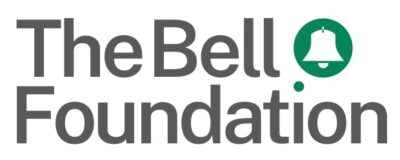On 24 February 2022, Russia’s invasion of Ukraine sparked the largest population movement in Europe since World War 2. Those seeking sanctuary from Ukraine, as well as those from Afghanistan, Hong Kong, Syria and other countries, include many children whose education will have been interrupted.
“If a child is seeking refuge or has refugee status, Governments must provide them with appropriate protection and assistance to help them enjoy all the rights in the Convention. Governments must help refugee children who are separated from their parents to be reunited with them.” Article 22 UN Convention on the Rights of the Child (Refugee Children).
Evidence shows that new refugee and asylum-seeking learners can be an asset to their school. They extend aspirations in the broader school body and help develop compassion and greater cultural knowledge and awareness across the school community. Refugee and asylum-seeking learners also have assets: they have rich linguistic resources, life and learning experience, and they create opportunities for schools to grow into a dynamic multilingual community. However, research shows that refugee children’s previous experiences and reasons for fleeing their home can affect their wellbeing and education in the UK (Gladwell and Chetwynd 2018).
″…Look at all the things that I am capable of, and think of all the things you could call me – a student a, lover of literature, a budding architect, a friend, a symbol of hope even, but what am I called? A refugee.” (Refugee Boy – Benjamin Zephaniah).

